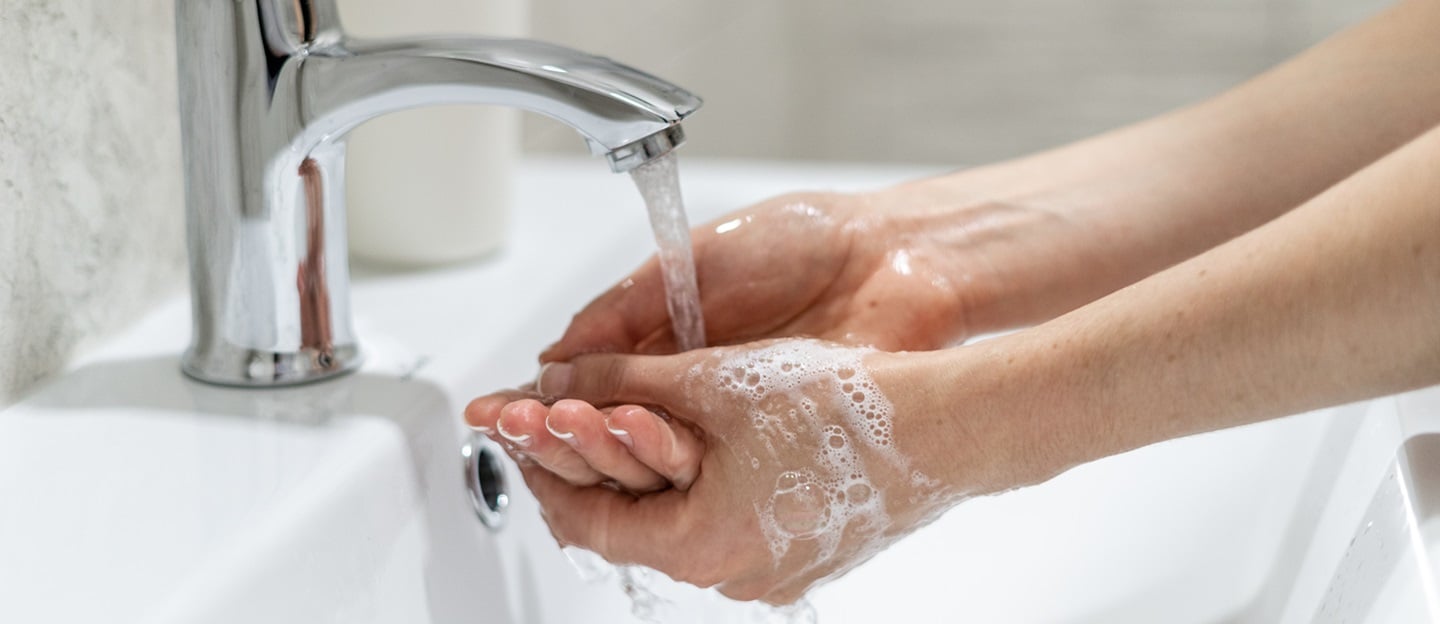IS IT SAFE TO USE AN INSTANT WATER HEATER?
In the current scenario of increasing environmental awareness and desire for greater energy efficiency, the instantaneous water heater is emerging as a popular solution.
But its growing popularity raises an important question: how safe is it to use an instantaneous water heater? In this article, we will explore in detail the pros and cons associated with these devices.
WHAT IS AN INSTANT WATER HEATER AND HOW DOES IT WORK?
The instantaneous water heater, also known as a tankless water heater (as opposed to a storage water heater), marks a departure in the way we get hot water. Rather than constantly storing and heating water in a tank, as is the case with traditional systems, these devices heat water on demand.
This means that the water is heated only when we need it, making the process much more energy efficient.
THE ADVANTAGES OF THE INSTANTANEOUS ELECTRIC WATER HEATER
Instantaneous water heaters offer several key benefits that make them attractive to modern homeowners:
-
- Energy efficiency and cost savings: energy efficiency is not just about saving money on utility bills. By reducing energy consumption, we also help reduce carbon emissions and have a positive impact on the environment. And with water heated only on demand, there is no energy wasted maintaining a tank of hot water.
- Extended life and reduced waste: another notable advantage of instantaneous water heaters is their durability. This also means less waste, as we will not have to replace the entire appliance as often.
- Due to its tankless design, it boasts a compact size.
SAFETY IN THE INSTANTANEOUS WATER HEATER
Of course, with every new technology, safety concerns emerge. Let's explore the primary concerns and how technology addresses them:
- Scald risks and built-in solutions: while there is a potential risk of scalding, many instantaneous water heaters are equipped with advanced temperature controllers. These regulators prevent the water from reaching dangerously high temperatures, protecting users from possible burns.
- Electrical precautions and safety standards: with regard to electric models, electrical safety issues, from insulation to grounding, are paramount. It is crucial to ensure that installationthe installation is done by a qualified technician and that all local regulations are followed.
TIPS FOR SAFE USE
In addition to the design and built-in features, there are some recommended practices to make sure the water heater works optimally.
- Regular maintenance: regular maintenance not only ensures efficient operation, but also the safety of the unit. It is a good practice to check the unit at least once a year, especially if you reside in areas with hard water that can cause scale buildup.
- Professional installation: although it might seem like a way to save money, trying to install an instantaneous water heater yourself could expose you to unnecessary risks. Always rely on qualified professionals.
- Follow the manufacturer's instructions: each model may have unique specifications. Carefully reading and following the manufacturer's manual ensures the appliance's longevity and safe operation.
In conclusion, an instantaneous water heater, when chosen, installedinstalled, and maintained properly, can be a safe and efficient solution to a home's hot water needs.
As always, the key is to stay informed, do thorough research, and make educated decisions





